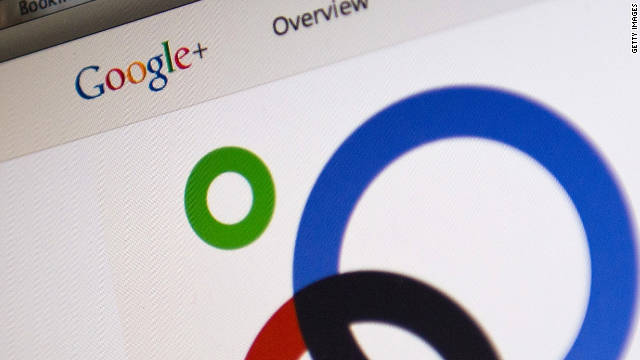 Google's engineers have their brains working full-time, and lots of ideas are born in the company's headquarters, in Mountainview (California). Some of them are successful, some of them are not.
Google's engineers have their brains working full-time, and lots of ideas are born in the company's headquarters, in Mountainview (California). Some of them are successful, some of them are not.In January 2005, for example, they launched Google Video to compete with a rising website called YouTube. Google Video was intended as a place where just broadcasting companies, and not users, could upload their videos. Six months later, they realized how fool that was in the age of sharing and collective intelligence, and they let Google Video's users upload their own videos. But it was already too late, and in October 2006 Google Inc. bought YouTube for $1.65 billion. Now, Google Videos (with an S) exists just as a search engine for Youtube videos and the videos of the few loners that uploaded chunks of their lives to Google Video.
But maybe the biggest challenge of the dozens of brains working for Google is to create a social network that actually work. They know that the future of the web is probably there, so they try to create a platform able to compete to Facebook.
Their first attempt, in 2004, was the creation of Orkut. Its main problem? Maybe it came too early, when people did not really know what a social network was about. Anyway, it managed to survive in some countries - nowadays around 60% of their users are from Brazil.
Some years later, in 2009, with Gmail and Google Docs already running, some Google engineer decided to melt them both with the typical functions of the old chat groups: that's how Google Wave was born. It was intended for people to make arrangements, but it was quite complicated to understand. Consequently it was never loved by an audience who already knew the easy-to-use Facebook. One year later, Google decided that they did not "
plan to continue developing Wave as a standalone product" but they would "maintain the site at least through the end of the year and extend the technology for use in other Google projects". Wave is still online, but it will be switched off definitely the 30nd April, so you have still some time to understand it!
Google Buzz came shortly after, in February 2010. I cannot tell a lot about it because I just know it as "the colourful button below the Inbox in Gmail". As the 99% of Internet users, I guess. Maybe because of that, it has already been shut down.
The last (but not least) attempt of catching the social networks' train was Google + (G+). It was opened on June 2011 and, in the beginning, was a closed network where you could only enter with an invitation. And not a lot of them were flying around the Net by that time. Experts said that technically, it is better than Facebook, as it solves the biggest issue on Mark Zuckerberg's social network: privacity. On G+, you can decide exactly who you want to read each one of your publications.
The Spanish IT scholar Enrique Dans has defined G+ as "the boneback of the future net" and maybe the biggest investment than Google Inc. made in its whole history, with one hundred engineers working on it for more than a year. But after the first-minute "G+ madness", it started to vanish. Far from the 100 million users that Google said it expected by the end of 2011, statistics say nowadays G+ has around 90 million users. And moreover: in January, G+ users spent there no more than 3.3 minutes (in the whole month!), while Facebook users stayed there 7.5 hours. A huge difference, don't you think so?
Even Steve Yeege, senior engineer in Google, has publicly called G+ "a big failure". Among the reasons given for the rise and fall of G+, people point out specially that it has no games (you cannot imagine how much time do people spend on Farmville), that expectations were too high and that, simply, nobody is there, which is a pretty big issue for a social network.
Thus, we could state that Google's romance with social networking was a bitter, tortuous one. Anyway they will always have the "I'm feeling lucky button".
P.S. For Google haters, I found a quite funny link, probably made by an angry Microsoft hooligan.
Jorge Pan Varea

No comments:
Post a Comment